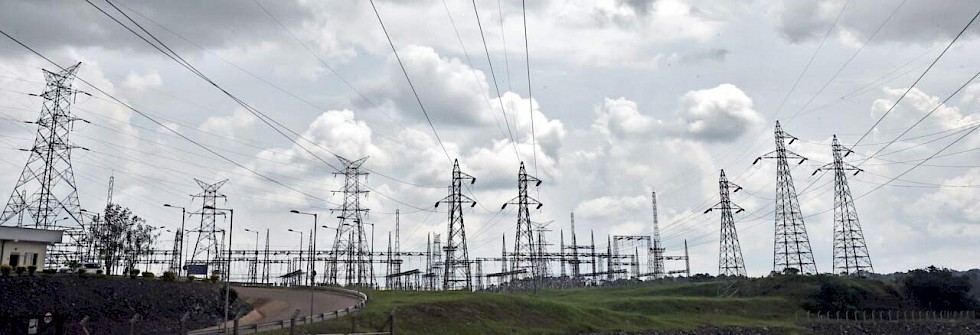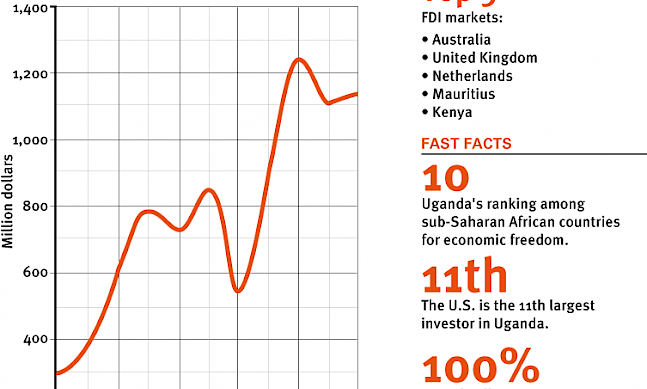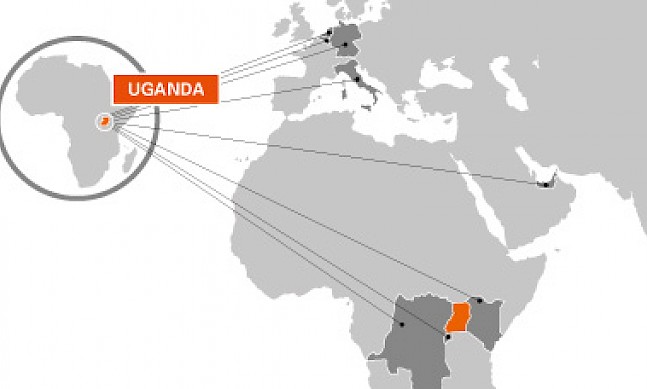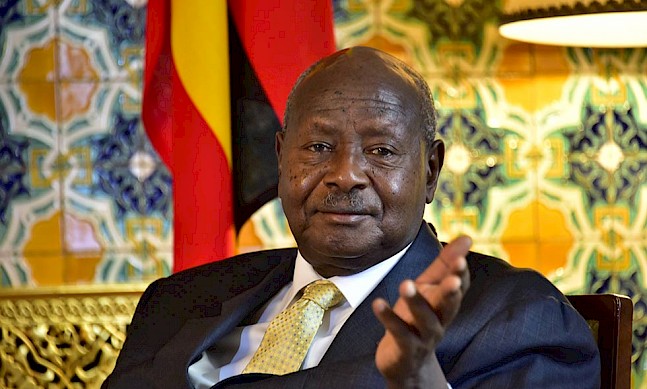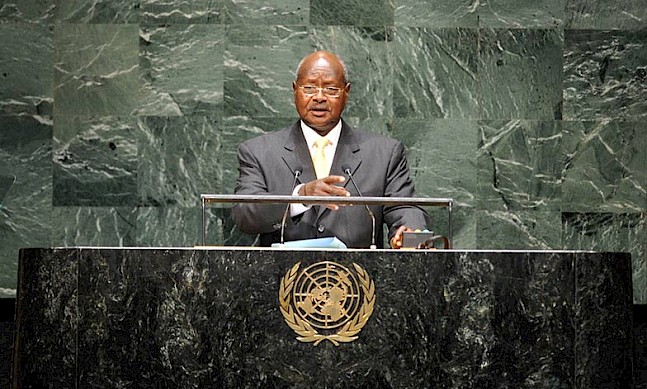Uganda’s electricity distributor has a role in energy security and investment attraction.
Uganda’s major electricity distributor, Umeme is vital to the nation’s energy sector. It has also prevailed over the challenges of taming a frontier market. Umeme’s wide reach and ability to access capital exemplify Uganda’s capacity for large energy investments.
It’s been a somewhat bumpy ride since Umeme’s privatization. In 2010, excessive electricity demand caused a power crisis. Higher prices spurred public complaints. Although other factors led to inadequate power supply, Umeme was blamed for blackouts.
Nevertheless, the company would prosper and today its new director, Selestino Babungi, is somewhat of a role model for his countrymen, who are happy to see a fellow Ugandan in this senior position. But Umeme has also evolved as a company, directly helping raise Uganda’s investment profile.
“The government’s initial target was that Umeme should invest $65 million. By end-2014, we had invested $320 million.”
Selestino Babungi Managing Director of Umeme
Post This
Today, Umeme is a hot stock on Uganda’s Stock Exchange and has had a big impact on regional markets like the Nairobi Stock Exchange. Umeme has showed that big local companies can drive stock market activity. Indeed, due to Umeme’s success and capital-generation capacities, international investor interest in Uganda has risen.
Of course, challenges remain: for example, inflation and energy prices are interlinked. “The bulk of the investments that come into generation, transmission and distribution are in dollars, so consumers are somewhat exposed to that risk of currency volatility,” notes Babungi. “In the last quarter of last year, the dollar went up and that unfortunately affects the price of electricity. The good news is that fuel prices have fallen so the fuel element of the pricing has come down.”
Progress is certainly visible. Customer connections have increased from 280,000 to 650,000 through 2014. Energy losses also decreased from 38 percent to 21.3 percent during 2014. Umeme also achieved an 89 percent revenue collection rate — substantial in a country with infrastructure restrictions and difficult topography.
Another innovative success has been Umeme’s introduction of pay-as-you-go meters. This solution simplifies the payment process and gives the company an advance credit stream. UMEME can deliver specifically the amounts for which it is paid.
Umeme’s success also assists long-term government energy goals that will improve social welfare. In 2013, Umeme raised $190 million of external private capital in a process funded by the IFC, Stanbic Bank and Standard Chartered Bank. This fundraising endeavor, Babungi says, aids “government aspirations of increasing access to electricity to 40 percent of the population by 2025, from the current 15 percent.” Indeed, given Umeme’s success, it’s no wonder that the government is seeking out more investors like it.


